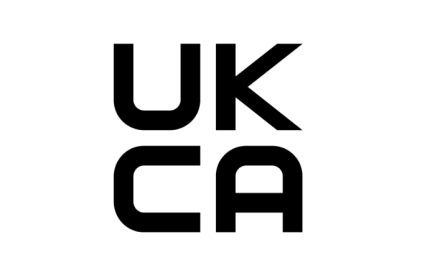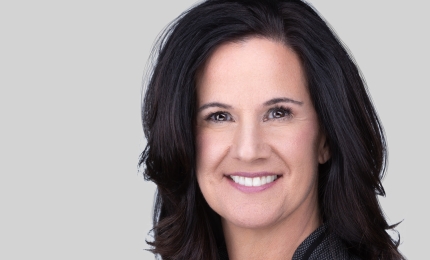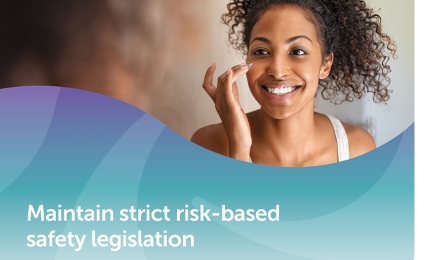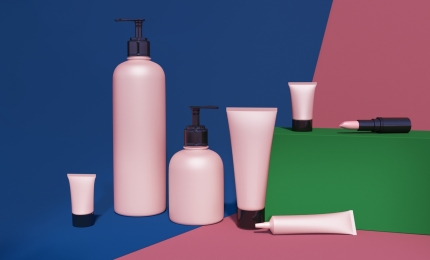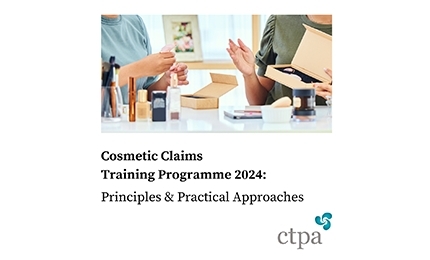Find us on...
CTPA : Guide to Advertising Claims
The CTPA Guide to Advertising Claims is intended to help advertisers understand more clearly the framework in which cosmetic claims appear and the way in which cosmetic claims may be classified. The Guide is a joint endeavour involving the CTPA, as the body representing the cosmetics industry, the ASA and Clearcast as the two regulatory bodies responsible for assessing claims under their Codes. All participants in the initiative agreed to use these guidelines to help in preparing advertisements, in supporting claims and in assessing those claims. The Guide is split into three sections: Framework of Common Understanding, Building Blocks of Claim Support, Practical Guide to Good Study Design.
Cosmetics Europe : EU Charter & Guiding Principles on Self-Regulation in Advertising
During 2012, Cosmetics Europe (the European personal care association) launched its Guiding Principles on Responsible Advertising and Marketing Communication. A Charter setting out the overall standards accompany these Guiding Principles.
This is a voluntary and self-regulatory initiative by the European cosmetics industry which shows the commitment of the industry to standards for responsible cosmetics advertising in Europe, addressing consumer concerns about potential negative impacts of cosmetics advertising. The principles provide concrete recommendations relating to various aspects of cosmetics advertising in the areas of advertising sincerity and social responsibility. Advertising sincerity covers product claims substantiation and image honesty. Socially responsible advertising is described as responsible advertising and marketing communication which respect the human being, body image and human dignity.
Cosmetics Europe and national associations are actively promoting these across all European countries, tailoring where necessary to reflect national and cultural expectations. See the Cosmetics Europe public website for further information and to download the Charter and Guiding Principles.
EASA audit of the CE Charter
The results of its first independent audit conducted by the European Advertising Standards Alliance (EASA), of industry's compliance with the Cosmetics Europe 2012 Charter and Guiding Principles on Responsible Advertising and Marketing Communications was published in March 2016. The EASA audit checked the compliance of advertisements against the national self-regulatory advertising codes and laws as well as the European legal requirements. It was conducted across six representative European countries: France, Hungary, Italy, Poland, Sweden and UK.
EASA's audit report finds that 91% of the advertisements of cosmetic products were in compliance with all relevant advertising codes/laws. A total of 1,861 advertisements were reviewed, including 577 television and 1,284 print advertisements aired/published over three month periods - September 2014, March and June 2015.
European Commission Report on Claims
On 19 September 2016, the European Commission published its report as required under Article 20 of the EU Cosmetics Regulation ((EC) No. 1223/2009) in relation to the common criteria for claims. It reviews the legal compliance of cosmetics-related claims with the common criteria and looks at the corrective measures that the Commission and Member States take in cases of non-compliance.
The report refers to the Cosmetics Europe Charter and Guiding Principles on Responsible Advertising and Marketing Communications and the European Advertising Standards Alliance (EASA) audit as going beyond the national and European legal and regulatory framework and as such complementing the list of common criteria with additional provisions which address societal concerns. The Commission's survey of Member States, initiated in 2014, showed that 90% of the 38,995 claims analysed by 21 Member States were compliant.
Overall, the conclusions are that the existing European regulatory framework for claims and advertising of cosmetic products is very comprehensive and ensures a high level of consumer protection whilst allowing the European cosmetics industry to be competitive within the EU and the rest of the world.



